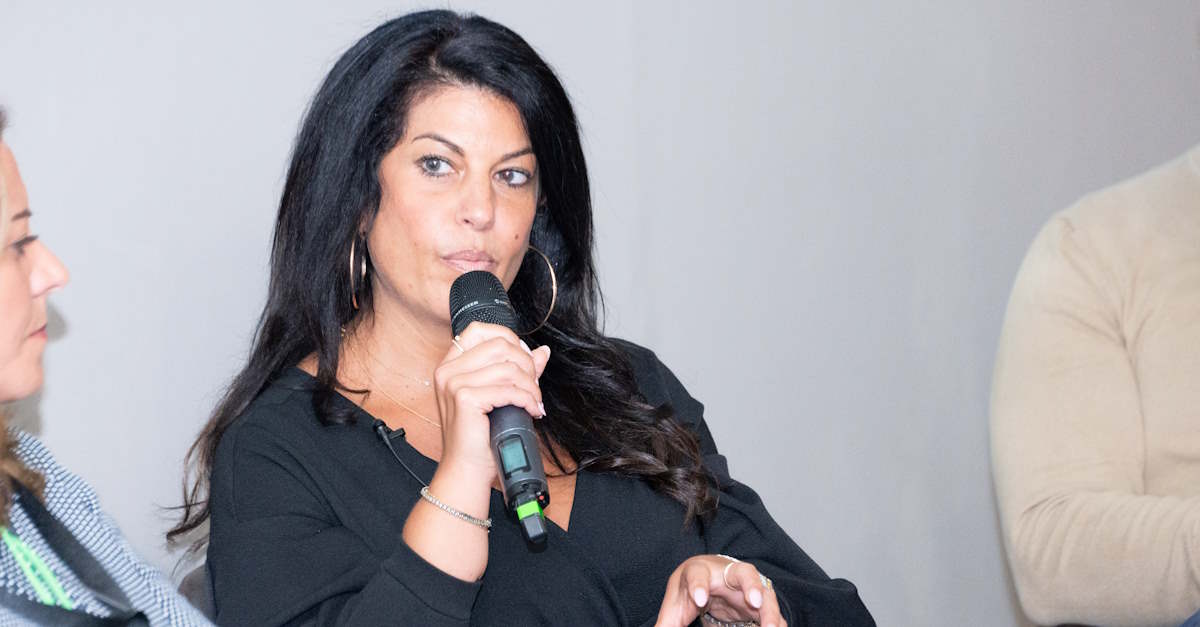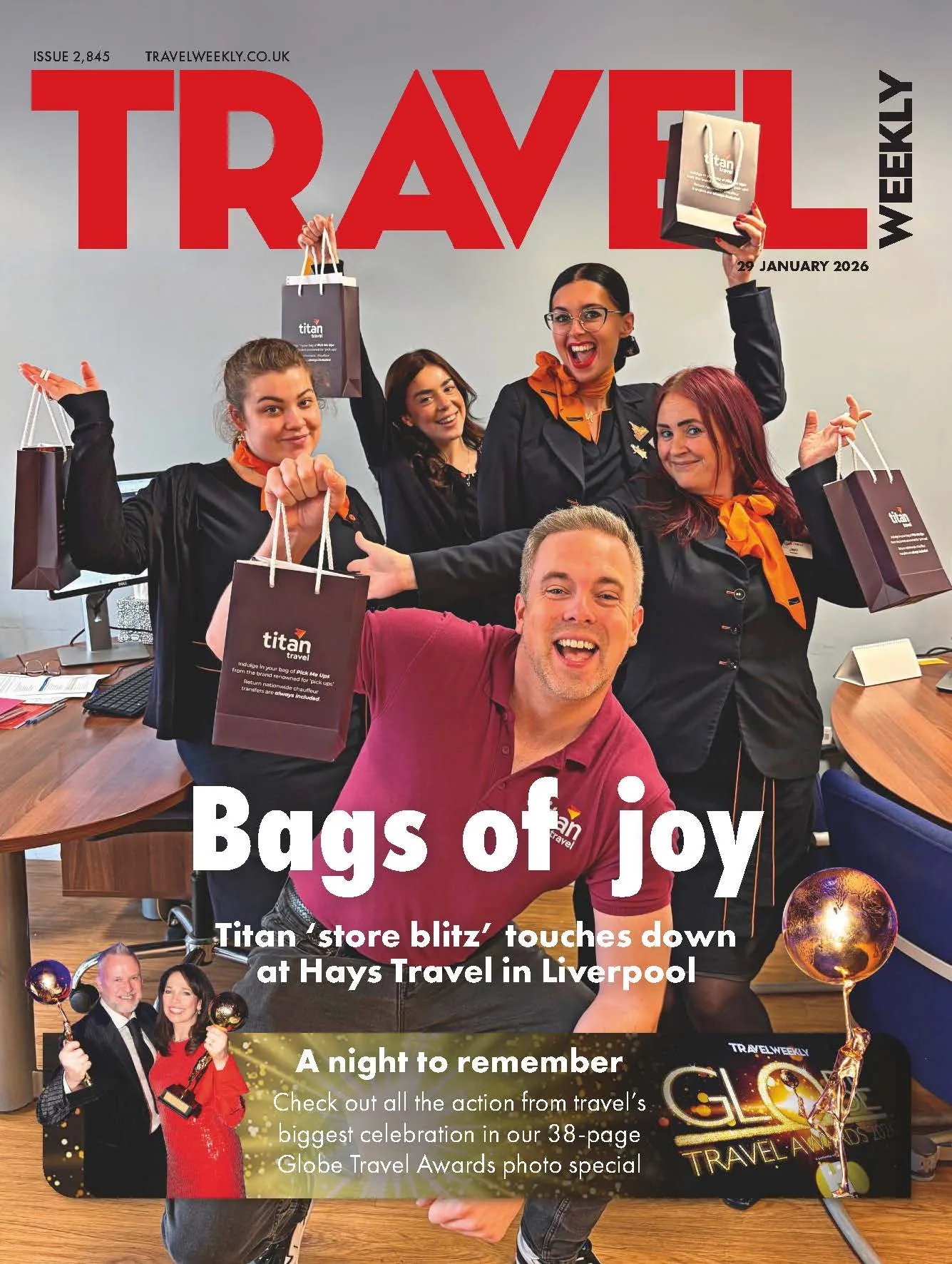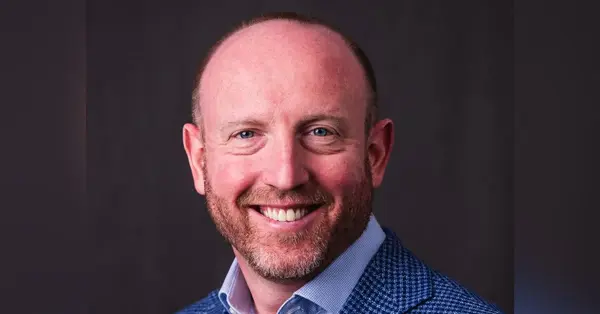You are viewing 1 of your 2 free articles
Travel bosses urged to treat staff ‘as they would like to be treated’
Decision-makers at travel companies should make sure staff are treated as they would like to be treated, according to the HR director at Jet2.com and Jet2holidays.
Miriam D’souli (pictured) told Travel Weekly’s People Summit 2024 that such an approach had been key to Jet2’s success, adding that all staff were treated equally and as “normal people”.
“If everyone gets carried away and big-headed, that’s what undermines a winning culture,” she said.
D’souli appeared on a panel alongside Neilson people director Iain Stevenson-Wood and easyJet holidays finance director Michelle Heywood.
The panellists agreed that decision-makers should listen to staff and engage with them before taking action.
“It’s about everyone feeling part of the business,” said Heywood, adding that easyJet holidays staff had been involved in the design of the new head office.
“We continue to have ambitious growth targets, but to drive the results we have to invest in engagement,” she said, arguing that this tactic would help to retain staff.
Stevenson-Wood said Neilson’s directors were routinely present at product launches and always welcomed interaction with staff.
“I think everyone in this room wants people to enjoy coming to work and get treated as an individual,” he said.
Nielson’s motto is “good energy”, he added, which requires interacting with staff “on their own level rather than on a corporate level”.
D’souli also said “our aim is to not be corporate”, and Heywood highlighted that new recruits at easyJet holidays are welcomed for a “sit down and chat” with chief executive Garry Wilson.
Each of the panellists outlined their businesses’ initiatives on wellbeing, with Heywood’s examples including the desire to become a more “menopause-friendly employer”.
D’souli said employees and their families had access to 24/7 helplines, as well as online access to GPs and dentists, adding that the company takes mental health seriously.
“Gone are the days when you leave your life at home,” she said. “The reality is that when you’re managing people, you’re going to have to deal with their woes and whatever’s going on in their lives. It’s really important that we empower our managers to make decisions and treat people how they want to be treated.”


















